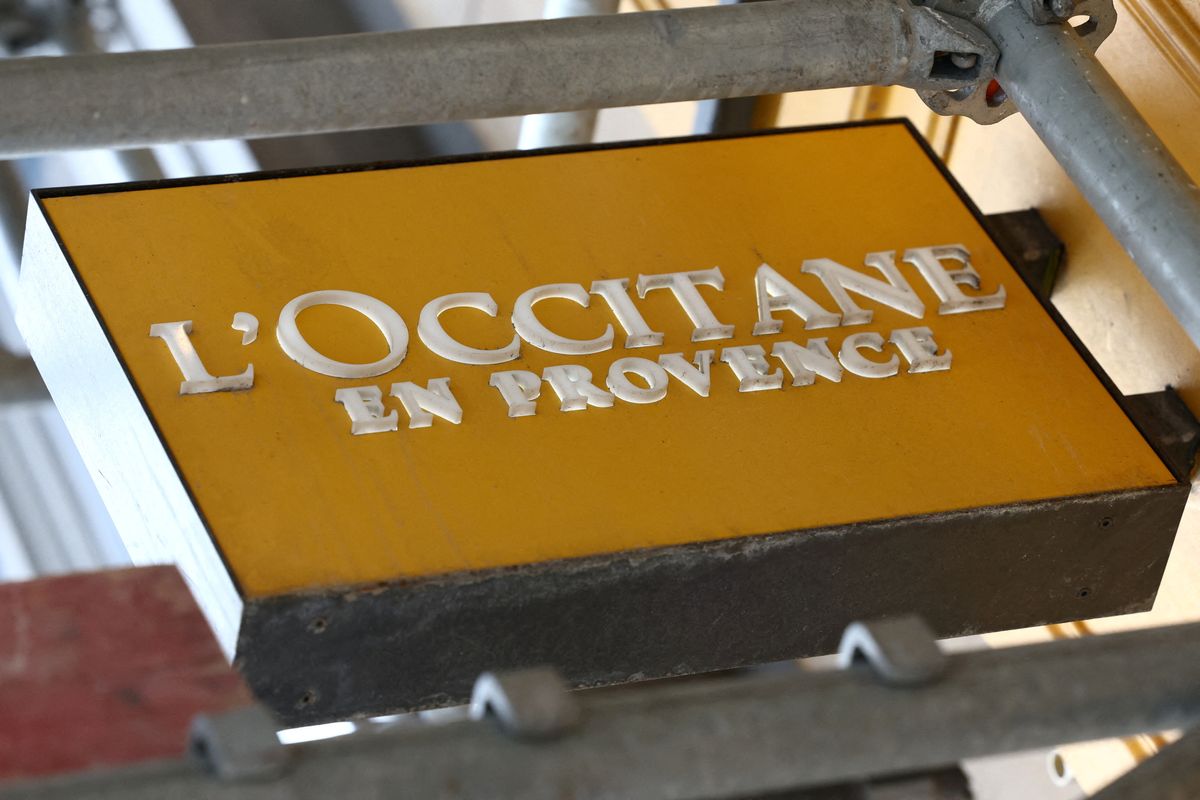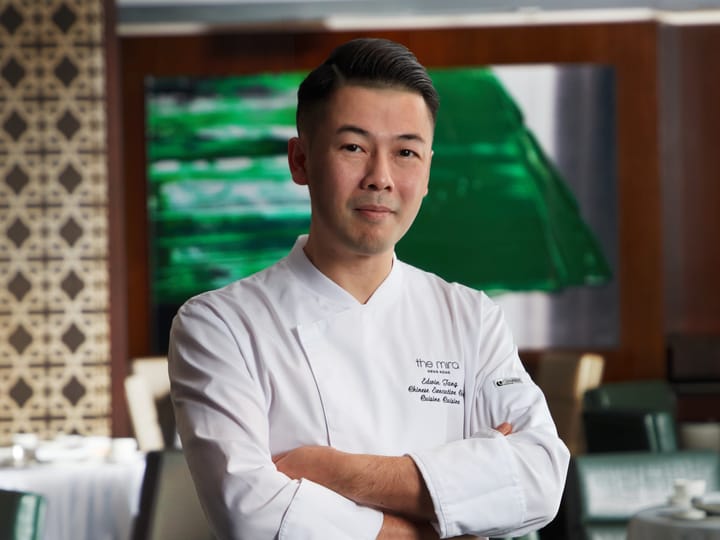L'Occitane scraps its plan to go private
In August, L'Occitane confirmed that its controlling shareholder was indeed mulling over the idea of privatizing the skincare giant.

A few minutes every morning is all you need.
Stay up to date on the world's Headlines and Human Stories. It's fun, it's factual, it's fluff-free.
The backstory: Skincare and beauty giant L'Occitane was founded in 1976 by Olivier Baussan in Manosque, France. Today, the corporate L’Occitane Group’s headquarters are based in Luxembourg and Geneva. It’s expanded its presence across the world, with retail locations and its own stores in more than 90 countries, making it a global skincare powerhouse. It’s also added other beauty brands to its portfolio, like Melvita, Erborian and others.
In 2010, the company made a financial move with a US$708 million initial public offering (IPO) on the Hong Kong Stock Exchange. It was a strategic move, as Hong Kong was a hotspot for Western companies eyeing China's booming consumer market. In fact, L'Occitane was among the first Western firms to offer its primary shares in this Asian financial hub. But, like any new stock, L'Occitane's shares had ups and downs, ranging from a high of HK$31.80 in early 2022 to a low of HK$17.82 in March.
More recently: In July, L'Occitane's Chairman, Reinold Geiger, reportedly considered taking the entire company private. With over 70% of the shares under his control, these rumors caused quite a stir. Bloomberg News reported that the buyout valued the firm at approximately US$6.5 billion.
In August, L'Occitane confirmed that its controlling shareholder was indeed mulling over the idea of privatizing the skincare giant. But, the company emphasized that no concrete agreement had been reached yet. It also debunked the rumored buyout price of about HK$35 (US$4.46) per L'Occitane share, stating it was "false and without basis." Instead, if the deal were to proceed, it confirmed the potential offer price would be no less than HK$26 (US$3.32) per share.
The development: In a surprising twist, L'Occitane's chairman is pulling the plug on privatization. This decision sent shockwaves through the buzzing buyout scene in Hong Kong. But no reasons were given for this U-turn, leaving both investors and analysts puzzled. On Tuesday, L'Occitane International took a nosedive, closing down over 17% to HK$23 (US$2.93) in Hong Kong.
Key comments:
"Nevertheless, the controlling shareholder is still considering its options, including the option of not pursing any transaction at all, depending on market conditions and pending a feasible financing and structure option," said the company in an exchange filing in August.
"It's probably a good time for investors able to get deals done in the downturn," said Singapore-based Tom Kidd, partner at Bain & Co, in March to Reuters when asked about dealmaking in Asia. "I think over the next kind of 12 or 18 months, you're going to see that some of the deals being done during this period of time, the ultimate returns will be quite good."




Comments ()